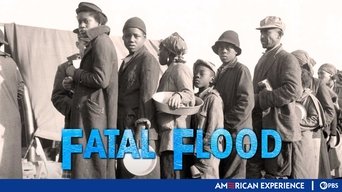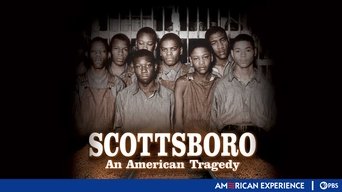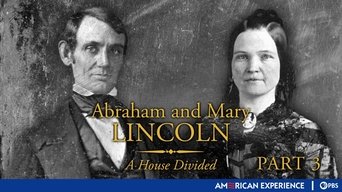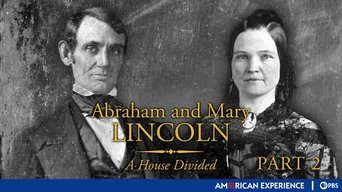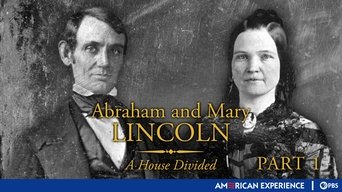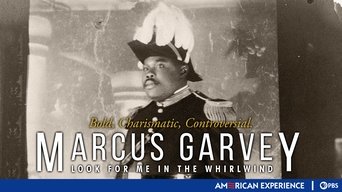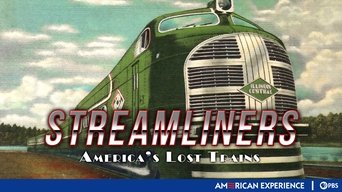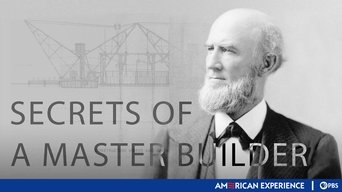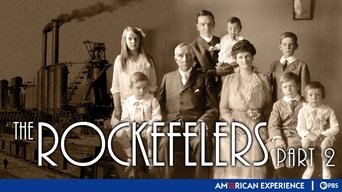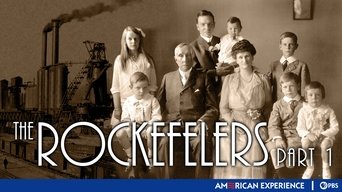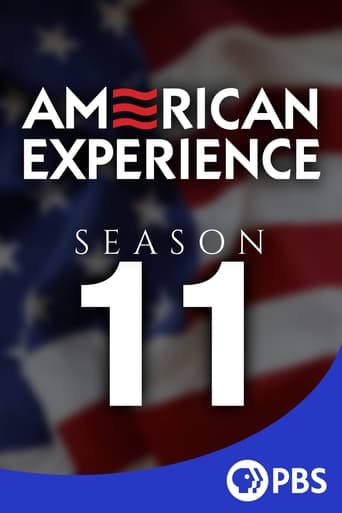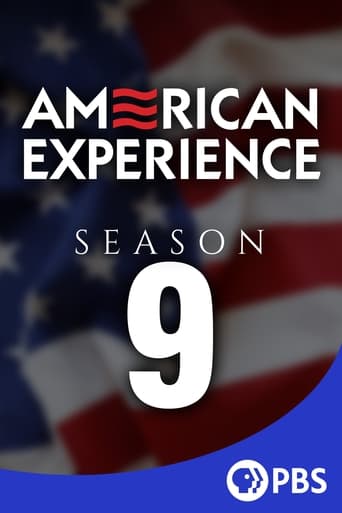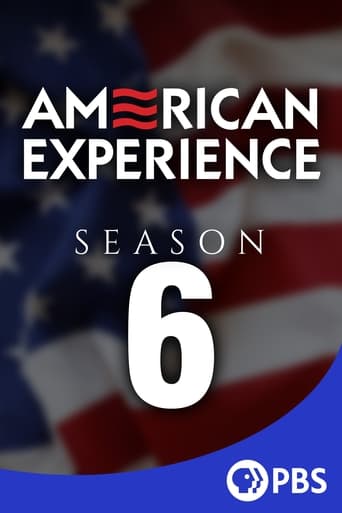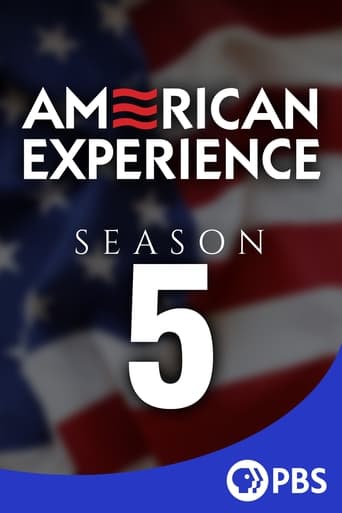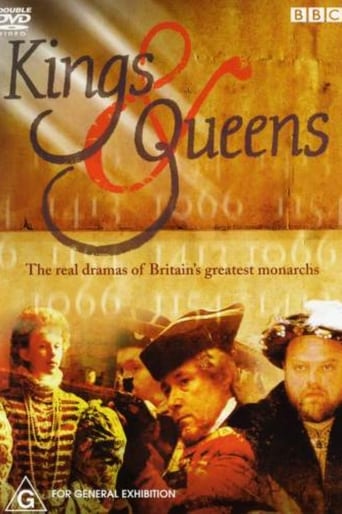American Experience Season 13
TV's most-watched history series brings to life the compelling stories from our past that inform our understanding of the world today.
With 30 Day Free Trial!
American Experience
1988 / TV-PG
TV's most-watched history series brings to life the compelling stories from our past that inform our understanding of the world today.
Watch Trailer
American Experience Season 13 Full Episode Guide
Following the Union victory at Gettysburg, and the surrender at Appomattox, the president tells Mary Lincoln they can find some happiness again. Just days later, he is shot to death.
As 1863 begins, Northerners resent fighting to free black slaves; others are furious with Abraham Lincoln for the devastating Union casualties. Mary Lincoln, worried about her husband, spends money compulsively.
Tormented by her grief and losing grip on sanity, Mary Lincoln turns to spiritualists for comfort. Though bowed down with sorrow, her husband never loses sight of the tragedy consuming the nation and issues the Emancipation Proclamation.
A profile of quintessentially American composer Stephen Foster features interviews with historian Fath Ruffins, biographer Ken Emerson, musicologists Josephine Wright and Dale Cockrell, and modern-day musicians influenced by Foster's work.
Recalling the tidal wave of racial conflict that followed in the wake of the surging Mississippi as it inundated the delta town of Greenville, Miss., in April 1927. Greenville's leading planter, LeRoy Percy, was a racial moderate, but he joined other planters in refusing to allow their black workers to be evacuated for fear of losing their labor supply. Those workers were placed "at the end of the line" for Red Cross supplies, as one remembers, and tension grew.
Following the 17-year struggle to free nine blacks falsely accused of raping two white women in Alabama in 1931. The struggle, which involved communist activists and laid the groundwork for the civil-rights movement, is chronicled involvingly in vintage stills and clips, comments by historians and readings by actors (including Stanley Tucci and Frances McDormand). "In the end, the state of Alabama bowed to reason," says narrator Andre Braugher, "and to exhaustion."
The third part recalls 1863, when opposition to the Civil War spread among Northerners: some see the high level of casualties as unacceptable, while others resent fighting to free black slaves. Abraham Lincoln, understandably, becomes anxious. Mary Todd Lincoln, meanwhile, copes by spending money compulsively, and falls into debt as a result. Conclusion. The final 16 months of the Civil War are charted, including the battle at Gettysburg and Abraham Lincoln's battlefield dedication and, just days after the South's surrender at Appomattox, his assassination. Included: Abraham's dedication to bringing the South into the Union; Mary's private wish for revenge.
When the Lincolns arrive in Washington, D.C., in 1861, the president-elect is deemed untested and is mistrusted; Mary, meanwhile, is suspected of being a Confederate sympathizer due to being the daughter of a Southern slave owner. As Abraham deals with the national tragedy of the Civil War, the couple also face a tragedy much closer to home: the 1862 death of their son Willie. The aftermath of son Willie's death finds Mary turning to spiritualists for comfort and, perhaps, slipping from sanity. President Lincoln, however, has another matter larger than his own grief that demands attention---the war. Included: the step he took that changed the nature of the conflict, the Emancipation Proclamation, which he issued on Jan. 1, 1863.
Part 1 and 2 of a six-part chronicle of the Abraham Lincoln-Mary Todd relationship begins with their childhoods and courtship. He, of course, was born into poverty; she, however, grew up in luxury, the daughter of a Kentucky banker and slave owner. (Several of her brothers would die fighting for the South in the Civil War.) While he was something of a rube when they met, she was the opposite, polished and refined. Yet they shared something in common: a love of politics. The marriage of Abraham and Mary Todd Lincoln proves to be a tempestuous affair accented by her temper, his depression and their political ambitions. Included: his elections to the U.S. House of Representatives and, later, the presidency.
Recalling racial-pride advocate Marcus Garvey (1887-1940), whose grand (some said grandiose) vision included an Africa run by Africans. Garvey's Harlem-based United Negro Improvement Association was more than just a civil-rights group -- it was a business and publishing empire. But it wasn't a well-run one, and his story doesn't have a happy ending (due, in part, to a young Justice Department lawyer named J. Edgar Hoover). Still, says narrator Carl Lumbly, Garvey "changed forever the way black Americans looked at themselves and the world.
Recalling the stainless steel trains that crisscrossed the country in high style (and at speeds of greater than 100 mph) during the 1930s and '40s. The streamliners -- most notably the Union Pacific's "Little Zip" and the Burlington Railroad's Zephyr -- increased railroad ridership (and profits) dramatically, led to a sleek-is-chic design revolution and even offered a measure of psychological uplift during the Depression.
Vietnam POWs recall their ordeals -- at times with great poignancy -- in a first-person history that supplements the comments with North Vietnamese war footage. As the veterans describe it here, their mission was simple, but not easy. "We were determined to return to the U.S. with honor," is the way that Air Force major Fred Cherry puts it. "We were not going to collaborate with the enemy. And we were going to look out for each other." Tom Hanks introduces the film.
Charting the life on the Mississippi of James B. Eads (1820-1887), "one of the greatest engineering geniuses of all time," says narrator David McCullough. Eads designed, built and financed ironclad river gunships in the Civil War (helping the Union win it, some say), the first steel bridge over the Mississippi, and sandbar-busting jetties at the mouth of the Mississippi that helped ensure the economic viability of New Orleans and the river itself.
The conclusion of a profile of the Rockefellers explores how John D. Jr. accomplished "the seemingly impossible task of redeeming the family name," says narrator David Ogden Stiers. "Junior" (1874-1960) did that by giving away $500 million, much of it while his father (1839-1937) enjoyed a vigorous retirement. The show also charts the fortunes of the next generation of Rockefellers, chiefly second son Nelson, the long-time New York governor. Many of their children rebelled. "The real problem," says Steven Rockefeller, "is the integration of power and goodness."
A dramatic two-part profile of the Rockefellers, a family whose name is synonymous with wealth, begins. Part 1 traces how John D. Rockefeller (1839-1937) struck oil (figuratively) in the 1860s and parlayed it into a corporate behemoth that the Supreme Court had to break up in 1911. It also examines how he and his son John D. Jr. (1874-1960) lived with that money -- and the hatred it engendered. The family's strategy: philanthropy. David Ogden Stiers narrates.
Free Trial Channels
Seasons








